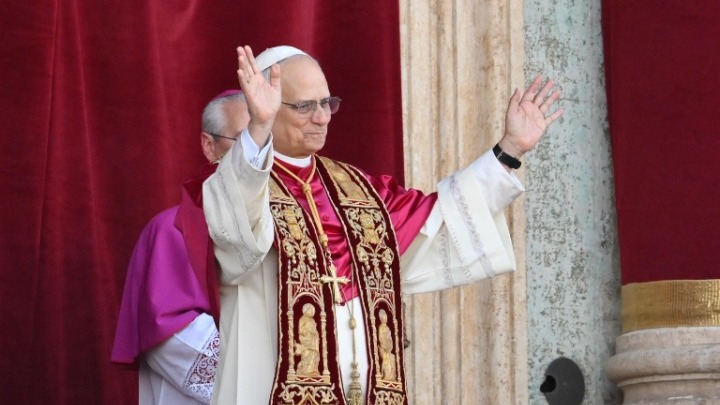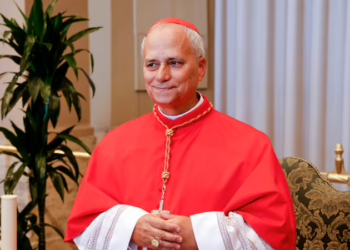On Thursday, Cardinal Robert F. Prevost was elected as the 267th pope of the Roman Catholic Church, making history as the first American pontiff. Taking the name Leo XIV, he signaled a strong connection to Pope Leo XIII, the 19th-century pope known for defending workers’ rights and laying the foundation for Catholic social teaching.
Pope Leo XIII, who served from 1878 to 1903, responded to rising labor unrest and industrial exploitation with the landmark 1891 encyclical Rerum Novarum, which championed the dignity of labor and the right to unionize. His writings shaped the Church’s long-standing focus on the poor, economic justice, and resisting unchecked capitalism.
By choosing the name Leo, the new pope aligns himself with this tradition of advocacy—not just serving the poor, but defending their rights. According to theologians, his decision complements that of his predecessor, Pope Francis, who modeled his papacy on compassion and service to the marginalized.
In his first public address, Pope Leo XIV emphasized unity, peace, and closeness to those who suffer. With his background as a missionary and bishop in Peru, and his recent leadership role at the Vatican overseeing bishops, many see him as both a reformer and a bridge-builder, aiming to continue Francis’ legacy while renewing the Church’s focus on social justice.














